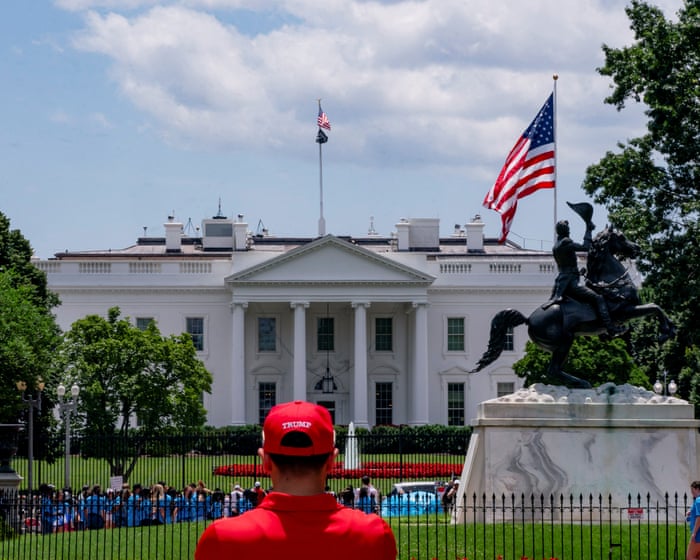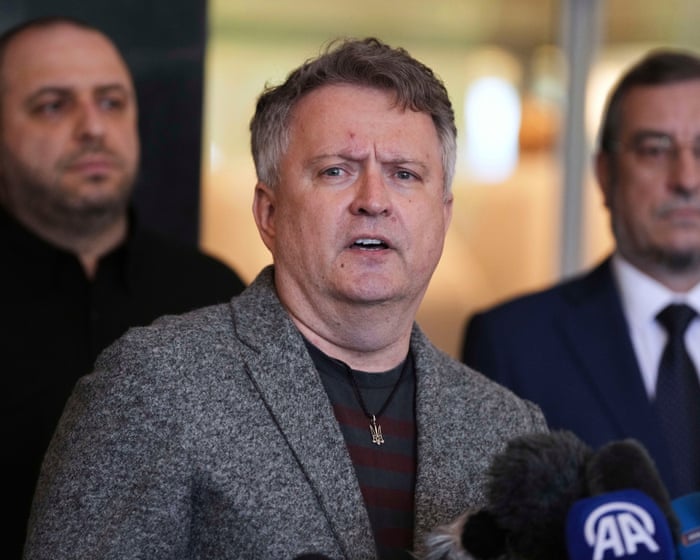In the days before the final Grand Slam of the year, Amanda Anisimova was fighting to stay composed. As she prepared for her first-round match, her own high expectations weighed heavily on her. Looking back, she sees it as a normal part of the process. “I think most players put a lot of pressure on themselves, and those few days before a tournament are pretty stressful—just the anticipation,” she said after reaching the third round. “It felt natural for me to feel that way.”
But Anisimova’s situation was unique. The last time she played a Grand Slam, she lost the Wimbledon final 6–0, 6–0 to Iga Świątek. Wimbledon had been a long-awaited breakthrough after years of unfulfilled promise, and under normal circumstances it would have been a positive step. Yet after that painful day on Centre Court, it was hard not to wonder whether such a humiliating loss might derail her progress.
That’s why her response has been so impressive. At the very next Grand Slam, her first chance to bounce back, the 24-year-old has given herself another shot at a major title. She’ll face world No. 1 and defending champion Aryna Sabalenka in the US Open final on Saturday, playing on home soil.
Anisimova’s talent has never been in question. She’s one of the cleanest, most powerful ball-strikers on tour, with flawless timing and technique that let her take the ball early, change direction at will, and generate huge pace off both wings—especially her exceptional two-handed backhand.
Those skills were on full display in her recent matches, which showcased her devastating offensive game. Against Świątek, she consistently took time away from the Pole’s weapons. A day later, despite early nerves against Naomi Osaka, she turned the match around, dominating another of the game’s biggest hitters from the baseline. Even after nearly three hours on court, approaching 1 a.m., her hands stayed steady in the decisive moments, and she never stopped attacking.
Getting to this point has required major mental growth. Her eight-month break in 2023 for mental health clearly played a big part, but she has always struggled to keep her composure, nerve, and self-belief in tough matches. While some players are natural competitors, Anisimova’s journey to gaining the confidence to compete with the best has been long and difficult. She has spoken about embracing therapy, staying positive no matter what, and leaning on loved ones. She hasn’t run from the Wimbledon loss—she’s focused on moving forward, sometimes with humor. The night before beating Świątek, she watched highlights of that final for the first time to avoid repeating mistakes. What did she learn? “That I was slow as hell,” she said with a laugh.
Although Anisimova has already beaten two of the game’s top players, the challenge doesn’t get easier. In the first women’s semi-final, Sabalenka powered past Jessica Pegula in another high-level match. Pegula played well at times, but Sabalenka was fearless when it mattered, overwhelming her opponent.
With the win, the Belarusian extended her impressive Grand Slam record. A three-time major champion, she has now reached the last six semi-finals or better.She has reached hard-court Grand Slam finals and four of the last five major finals overall. Yet in those finals, she has repeatedly struggled under pressure, often becoming overwhelmed by panic and fear. On Saturday, the pressure will be even greater—this match is her last chance to turn her considerable efforts into a Grand Slam win this year.
Emma Raducanu has withdrawn from Great Britain’s Billie Jean King Cup team this month to compete in a WTA tournament instead. The 22-year-old was expected to lead the British team in Shenzhen but has chosen to accept a wild card entry for the Korea Open, held the same week.
Her decision is a significant setback for Britain, who face Japan in the quarter-finals on 18 September. Raducanu has previously expressed her enjoyment of the team competition and holds a strong record, having won her last five singles matches—including three at last year’s Finals, where Britain reached the semi-finals.
However, she also skipped the group stage in April to focus on training, and this latest choice is unlikely to be well received. According to PA Media, Raducanu and her team believe she should prioritize WTA events and spend more time on tour with her new coach, Francisco Roig, following a promising start to their partnership.
Some players seem to be drawn to each other repeatedly in tournaments. This will be the tenth meeting between Sabalenka and Anisimova, a matchup that has favored the American, who leads their head-to-head 6–3. In their most recent encounter less than two months ago, Anisimova scored the biggest win of her career at the Wimbledon semi-finals. Now, with even higher stakes, both players will be fighting to overcome their recent struggles for good.
Frequently Asked Questions
Frequently Asked Questions Anisimova vs Sabalenka in the US Open Final
1 Who are Anisimova and Sabalenka
Amanda Anisimova and Aryna Sabalenka are professional tennis players Anisimova is a young American talent while Sabalenka is a topranked player from Belarus known for her powerful game
2 What is the US Open final
The US Open final is the championship match of the US Open one of the four major Grand Slam tennis tournaments held annually in New York
3 Why is this matchup significant
This final is notable because Anisimka despite recent struggles has reached the final against a dominant opponent like Sabalenka making it an exciting underdog story
4 What are Anisimovas recent struggles
Anisimova has faced challenges like injuries loss of form and personal issues which affected her performance and ranking in recent seasons
5 What makes Sabalenka a tough opponent
Sabalenka is known for her aggressive playing style powerful serves and consistent toplevel performance making her one of the hardest players to beat on the tour
6 How did Anisimova reach the final despite her struggles
She showed resilience improved focus and likely benefited from a favorable draw or strong performances in earlier rounds to advance
7 What are the key strengths of each player
Anisimova Strong groundstrokes and mental toughness Sabalenka Powerful serve aggressive baseline play and experience in big matches
8 What challenges might Anisimova face in the final
She may struggle with Sabalenkas power nerves from the big stage and fatigue from her recent comeback efforts
9 How can Anisimova win against Sabalenka
By staying consistent using her defensive skills capitalizing on Sabalenkas occasional errors and maintaining mental composure
10 What is at stake for both players in this final
For Anisimova its a chance to win her first major and revive her career For Sabalenka it could solidify her status as a top player and add another Grand Slam title



